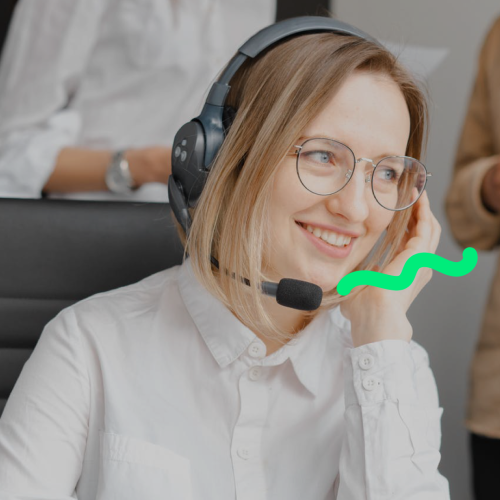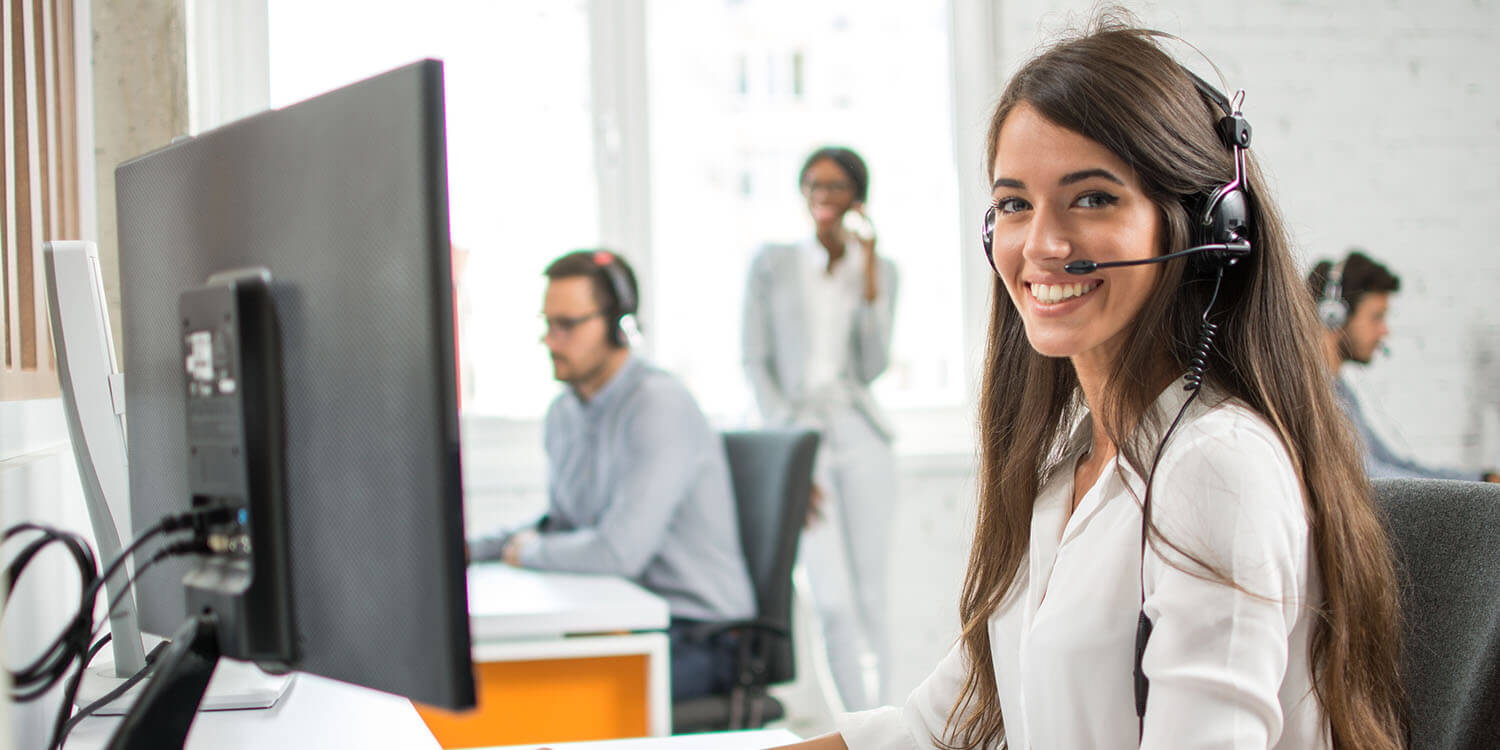All Categories
Featured
Table of Contents
- – How Much Should I Pay For Answering Service Faq...
- – Which Is The Best Phone Answering Services - A...
- – What Are The Top 10 Telephone Answering Services?
- – Whats The Best Phone Answering Services - Usa...
- – Best How Much Does An Answering Service Cost ...
- – What Is The Best What Is An Answering Servic...
How Much Should I Pay For Answering Service Faqs - Questions & Answers?
This device and its followers were created by Sava Jacobson, an electrical engineer with a private consulting company. While early voice mail used magnetic tape innovation, the majority of contemporary equipment uses solid state memory storage; some devices use a mix of both, with a solid-state circuit for the outbound message and a cassette for the incoming messages.
"toll saving" below) (professional phone answering service). This works if the owner is evaluating calls and does not want to speak to all callers. In any case after going, the calling celebration ought to be notified about the call having actually been answered (in many cases this starts the charging), either by some remark of the operator, or by some greeting message of the little, or addressed to non-human callers (e.
This holds particularly for the Little bits with digitally stored greeting messages or for earlier devices (prior to the rise of microcassettes) with an unique unlimited loop tape, different from a second cassette, committed to recording. There have been answer-only gadgets with no recording capabilities, where the welcoming message needed to inform callers of a state of current unattainability, or e (virtual answering service).
Which Is The Best Phone Answering Services - Australian Virtual Receptionists

about accessibility hours. In taping Littles the welcoming normally includes an invitation to leave a message "after the beep". A voice mail that utilizes a microcassette to tape-record messages On a dual-cassette answerphone, there is an outbound cassette, which after the specified number of rings plays a pre-recorded message to the caller.

Single-cassette answering devices contain the outgoing message at the start of the tape and inbound messages on the staying space. They first play the announcement, then fast-forward to the next available area for recording, then tape-record the caller's message. If there are lots of previous messages, fast-forwarding through them can trigger a substantial delay.
This beep is typically described in the welcoming message, asking for that the caller leave a message "after the beep". Little bits with digital storage for the tape-recorded messages do disappoint this delay, of course. A little bit may provide a push-button control facility, whereby the answerphone owner can call the house number and, by going into a code on the remote telephone's keypad, can listen to taped messages, or erase them, even when away from house.
What Are The Top 10 Telephone Answering Services?

Therefore the device increases the number of rings after which it answers the call (normally by 2, resulting in four rings), if no unread messages are currently saved, however answers after the set variety of rings (typically two) if there are unread messages. This permits the owner to discover out whether there are messages waiting; if there are none, the owner can hang up the phone on the, e.
Some makers likewise permit themselves to be from another location activated, if they have actually been turned off, by calling and letting the phone ring a specific big number of times (generally 10-15). Some service providers desert calls currently after a smaller variety of rings, making remote activation impossible. In the early days of TADs an unique transmitter for DTMF tones (dual-tone multi-frequency signalling) was regionally required for remote control, since the previously employed pulse dialling is not apt to convey proper signalling along an active connection, and the dual-tone multi-frequency signalling was carried out stepwise.
Any incoming call is not identifiable with respect to these properties in advance of going "off hook" by the terminal equipment. So after going off hook the calls must be switched to appropriate devices and only the voice-type is instantly available to a human, however maybe, nevertheless need to be routed to a LITTLE BIT (e.
Whats The Best Phone Answering Services - Usa, Europe To Buy
What if I informed you that you do not need to actually get your gadget when addressing a customer call? Another person will. So practical, ideal? Addressing phone calls does not require somebody to be on the other end of the line. Effective automated phone systems can do the technique simply as efficiently as a live representative and often even better.
An automated answering service or interactive voice action system is a phone system that communicates with callers without a live person on the line - telephone answering service. When business utilize this technology, customers can get the response to a concern about your business merely by utilizing interactions set up on a pre-programmed call flow.
Although live operators update the customer service experience, many calls do not need human interaction. A basic recorded message or guidelines on how a consumer can retrieve a piece of information typically solves a caller's immediate need - phone call answering. Automated answering services are a basic and efficient method to direct incoming calls to the right individual.
Best How Much Does An Answering Service Cost In 2023? Prices Near Me
Notification that when you call a business, either for assistance or item questions, the very first thing you will hear is a pre-recorded voice welcoming and a series of options like press 1 for customer support, press 2 for questions, and so on. The pre-recorded choices branch out to other choices depending upon the consumer's selection.
The phone tree system assists direct callers to the right person or department utilizing the keypad on a mobile phone. In some circumstances, callers can utilize their voices. It deserves keeping in mind that auto-attendant alternatives aren't limited to the 10 numbers on a phone's keypad. Once the caller has selected their first choice, you can develop a multi-level auto-attendant that utilizes sub-menus to direct the caller to the best type of support.
The caller does not have to interact with a person if the auto-attendant phone system can handle their concern. The automatic service can path callers to an employee if they reach a "dead end" and need help from a live agent. It is expensive to employ an operator or executive assistant.
What Is The Best What Is An Answering Service And Why Use One? To Buy Now
Automated answering services, on the other hand, are substantially less pricey and provide considerable cost savings at an average of $200-$420/month. Even if you don't have actually dedicated personnel to manage call routing and management, an automatic answering service enhances efficiency by enabling your team to concentrate on their strengths so they can more efficiently spend their time on the phone.
A sales lead routed to customer support is a lost shot. If a customer who has product concerns reaches the wrong department or gets insufficient answers from well-meaning workers who are less trained to handle a particular type of question, it can be a reason for aggravation and frustration. An automatic answering system can minimize the variety of misrouted calls, therefore assisting your workers make much better usage of their phone time while releasing up time in their calendar for other jobs.
With Automated Answering Systems, you can develop an individualized experience for both your personnel and your callers. Make a recording of your primary greeting, and merely upgrade it routinely to show what is going on in your organization. You can produce as lots of departments or menu choices as you want.
Table of Contents
- – How Much Should I Pay For Answering Service Faq...
- – Which Is The Best Phone Answering Services - A...
- – What Are The Top 10 Telephone Answering Services?
- – Whats The Best Phone Answering Services - Usa...
- – Best How Much Does An Answering Service Cost ...
- – What Is The Best What Is An Answering Servic...
Latest Posts
Proven 24/7 Answering Service Near Me
Proven Call Answering Service – NSW 2095
Reliable Medical Answering Service Near Me
More
Latest Posts
Proven 24/7 Answering Service Near Me
Proven Call Answering Service – NSW 2095
Reliable Medical Answering Service Near Me